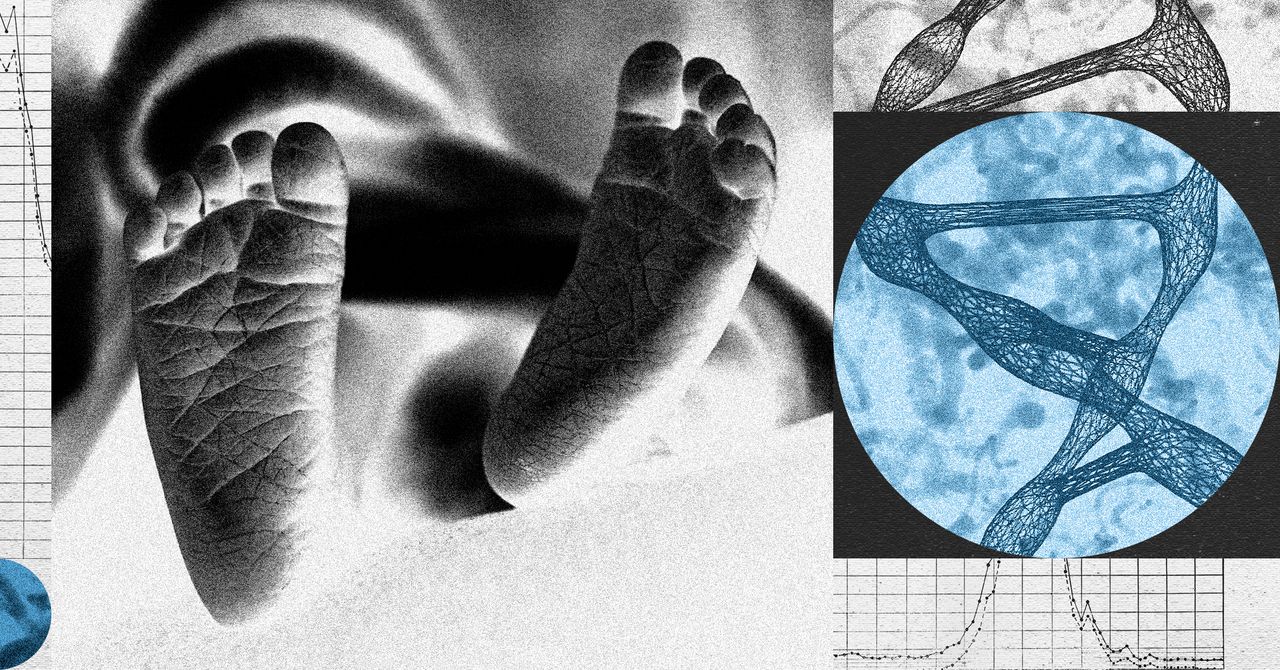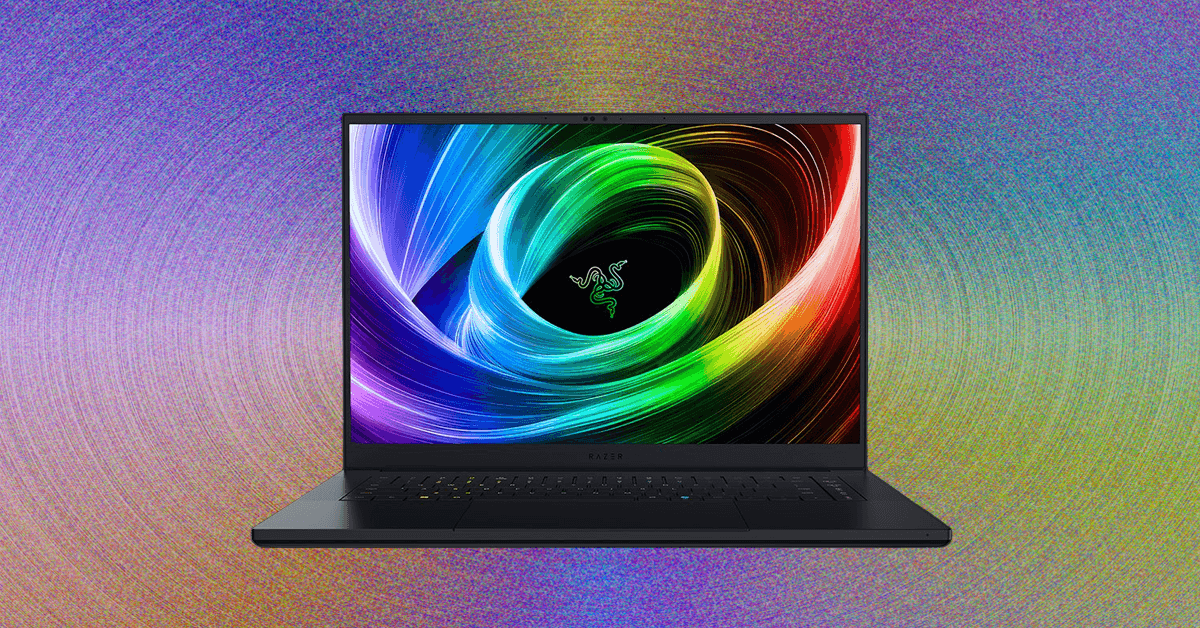In 2018, Chinese scientist He Jiankui shocked the world when he revealed that he had created the first gene-edited babies. Using Crispr, he tweaked the genes of three human embryos in an attempt to make them immune to HIV and used the embryos to start pregnancies.
The backlash against He was immediate. Scientists said the technology was too new to be used for human reproduction and that the DNA change amounted to genetic enhancement. The Chinese government charged him with “illegal medical practices” and he served a three-year prison sentence.
Now, a New York-based startup called Manhattan Genomics is reviving the debate around gene-edited babies. Its stated goal is to end genetic disease and alleviate human suffering by fixing harmful mutations at the embryo stage. The company has announced a group of “scientific contributors” that includes a prominent in vitro fertilization doctor, a data scientist who worked for deextinction company Colossal Biosciences, and two reproductive biologists from a major primate research center. A scientist who pioneered a technique to make embryos using DNA from three people is also involved.
“I like to take on challenges when I see them,” says cofounder Cathy Tie, a former Thiel fellow who left college at 18 to start her first company, Ranomics, a genomics screening service. As Tie sees it, that challenge is making the idea of human embryo editing more acceptable in society.
The idea of editing human embryos is tantalizing because any changes made to the reproductive cells are heritable. Snip out a disease-causing mutation in an embryo and it would be deleted from future generations as well. But gene-editing technology also has the potential to cause unintended “off-target” effects. Edit the wrong gene by mistake and it could give rise to cancer, for instance. Those mistakes would also be passed down to any future children.
While newer forms of gene editing are more precise, there are still ethical issues to contend with. The prospect of being able to manipulate the DNA of a human embryo has raised fears of a new kind of eugenics, where parents with the means to do so could make “designer babies” with traits that they select.
Tie says the goal of Manhattan Genomics—originally called the Manhattan Project when the company first launched in August—is disease correction, not enhancement. Unlike the original Manhattan Project, a secretive US government program during World War II that produced the first nuclear weapons, Tie says her venture will operate openly and transparently. “We’re revolutionizing medicine, and this technology is definitely very powerful. That’s what I think is the commonality here with manipulating the nucleus of the atom and manipulating the nucleus of the cell,” she says.




Comment ×